TikTok To Sue Trump Administration Over Ban, As Soon As Tuesday
Enlarge this image
Icon for the smartphone app TikTok, which President Trump on Thursday took aim at through an executive order that prohibits transactions between U.S. citizens and TikTok’s parent company in 45 days.
Mark Schiefelbein/AP
hide caption
toggle caption
Mark Schiefelbein/AP
Technology
Trump Signs Executive Order That Will Effectively Ban Use Of TikTok In the U.S.
Typically, if the federal government launches an investigation, it will inform the company with a subpoena or some other kind of notice demanding a response to allegations of misconduct or malfeasance. Federal investigators at times also call representatives of the company for a confidential meeting about a looming enforcement action.
According to those working on TikTok’s legal team, no such outreach from the White House requesting evidence took place before Thursday’s executive order, and TikTok lawyers view that as a short-cutting of standard procedure.
As such, the president’s move took many inside TikTok aback.
Officials at TikTok acknowledged as much in its response to the order. «We are shocked by the recent Executive Order, which was issued without any due process, TikTok said in a statement. «The text of the decision makes it plain that there has been a reliance on unnamed ‘reports’ with no citations, fears that the app «may be used for misinformation campaigns with no substantiation of such fears, and concerns about the collection of data that is industry standard for thousands of mobile apps around the world.
Officials at TikTok declined to publicly comment on the looming legal battle.
Breaking the TikTok ban carries a $300,000 fine
Violating the order carries stiff penalties. After the 45-day period, doing business with TikTok could result in a $300,000 fine per violation and «willful offenders could even face criminal prosecution.
Another issue that may be raised in TikTok’s legal challenge is the argument that Trump overstepped his authority in issuing the executive order.
The order was issued in part under an executive power known as the International Emergency Economic Powers Act, which arms the president with broad authority to impose economic sanctions when presented with an «unusual and extraordinary threat, such as a risk to national security.
There are exceptions to that power that lawyers for TikTok will likely underscore in their litigation. For instance, the authority cannot be used to regulate or prohibit either «personal communication, or sharing of film and other forms of media, which TikTok can argue is the primary use of its app.
If Congress believes the president has used the emergency economic powers unjustly, lawmakers can overrule the order by passing a resolution that would terminate the order.
But any pushback from Congress is unlikely, as the skepticism about the Chinese Communist Party’s potential ties to the country’s technology companies has gathered bipartisan support.
Already, the Senate, by a unanimous vote, passed a bill Thursday banning TikTok on all government-issued devices.
Washington fears China access to American citizens’ data
TikTok’s terms of service spells out what it captures from users, including location data, browsing history and personal contacts.
The app also informs users that data can be shared with its Chinese parent company, ByteDance. This has has stirred fears in Washington that authorities in the Chinese government could potentially gain access to American citizens’ data and put that information to use in a blackmailing scheme, or in a targeted disinformation campaign.
Technology
Class-Action Lawsuit Claims TikTok Steals Kids’ Data And Sends It To China
Neither the Trump administration nor TikTok critics outside of government have offered evidence that the short-form video app has ever cooperated with Chinese authorities.
Some technology experts say the worries over China are warranted.
Former White House official Lindsay Gorman, who is now a fellow with the Alliance for Securing Democracy, told NPR that TikTok’s parent company, ByteDance, is ultimately beholden to the Chinese Communist Party.
«The harsh reality of how businesses operate in China means that if the CCP wants that data, it will get it, Gorman said.
She added: «Leaving TikTok in Chinese ownership creates an information space vulnerability at a time leading up to an election when political communication is increasingly happening on the platform.
TikTok officials see the executive order as essentially a pressure campaign, a way of forcing an American company to move quickly acquire the app’s U.S. assets.
Microsoft — the American tech giant that owns Xbox, LinkedIn and Skype — is already in talks to buy TikTok, but those discussions remain in the early stages.
Editor’s note: TikTok helps fund NPR content that appears on the social media platform.
- TikTok ban
- TikTok
- President Trump
- executive order
Обсудим?
Смотрите также:

